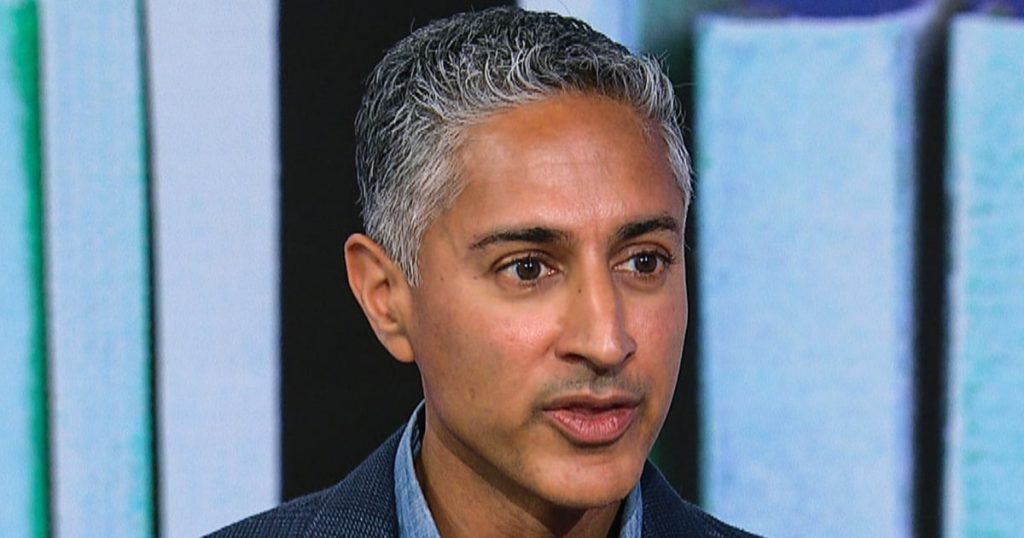The Cumberland Valley School District’s board initially canceled gay actor Maulik Pancholy’s speech against bullying at Mountain View Middle School due to concerns about his activism and lifestyle. However, after backlash from residents, including students, the board reversed its decision with a 5-4 vote. Some community members felt the cancellation sent a hurtful message, especially to the LGBTQ+ community. Superintendent Mark Blanchard and other district leaders expressed that Pancholy’s speech should have been allowed to reinforce the importance of treating all people equally.
Pancholy, an award-winning actor known for his roles in television shows like “30 Rock” and “Weeds,” as well as his work as the voice of Baljeet in the Disney series “Phineas & Ferb,” has also written children’s books and served on the President’s Advisory Commission on Asian Americans and Pacific Islanders. He was scheduled to speak as part of the school’s yearly selection of an author to provide a unique educational experience for students. Despite not knowing the specifics of Pancholy’s speech, school board member Bud Shaffner cited concerns over the potential imposition of activist views on students.
In response to the initial board vote, Pancholy emphasized the importance of representation in stories, especially for marginalized communities like South Asian-Americans and LGBTQ+ individuals. He stated that he wrote his books because he never saw himself represented as a middle school student and wanted to ensure that all young people feel seen and valued. Pancholy’s school visits are intended to convey the message that every individual matters, regardless of their background or identity.
The controversy surrounding the cancellation and subsequent reinstatement of Pancholy’s speech highlights ongoing tensions and debates over LGBTQ+ rights and representation. The decision to allow Pancholy to speak serves as a victory for advocates of diversity and inclusion in educational settings. By addressing the importance of anti-bullying initiatives and promoting equality, Pancholy’s message aligns with broader efforts to create safe and supportive environments for all students.
Moving forward, it is essential for schools and communities to continue fostering conversations around diversity, equity, and inclusion. By allowing individuals like Pancholy to share their stories and perspectives, educators can empower students to embrace their own identities and appreciate the diversity of those around them. Through open dialogue and a commitment to creating a more inclusive educational environment, schools can work towards building a more accepting and understanding society for all individuals.


